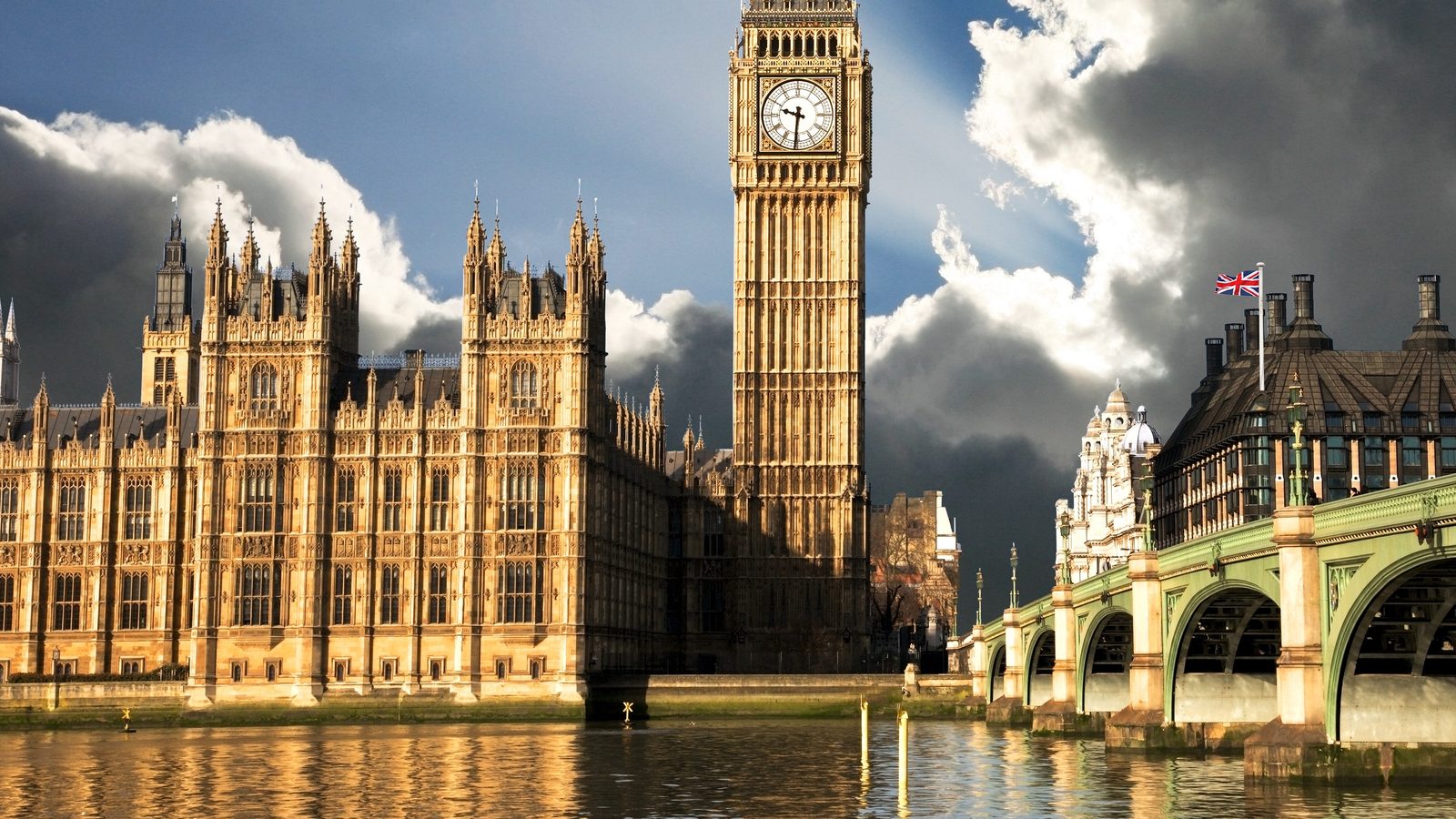Financial markets have started to fret about global growth, as typified by the inversion of bond yield curves over the last few days. We have also seen sterling, normally a pro-cyclical currency, weaken, but there is no doubt that this has been exacerbated in the UK by the realization that a ‘no-deal’ departure from the European Union (EU) is a genuine possibility.
British opposition leader Jeremy Corbyn has written to senior members of the UK Parliament suggesting a vote of ‘no confidence’ in Prime Minister Boris Johnson, and putting himself forward as interim prime minister while a general election is held. However, with recent opinion polls suggesting that the popularity of Corbyn’s Labour Party has fallen, and with its internal discipline having deteriorated, it does not appear likely that this scenario will play out. Meanwhile, the significant changes made to the cabinet under Boris Johnson and the apparent seriousness of recent ‘no-deal’ planning would indicate that the current government is placing a far greater emphasis on the prospect of a ‘no-deal’ outcome than Theresa May’s previous administration had done. While we would not suggest that that is the government’s preferred outcome, it certainly appears willing to countenance ‘no deal’ as an option.
Majority of One
A series of defections and by-elections have left the government with a working majority of one, which will inevitably necessitate a general election sooner rather than later, with many commentators expecting that to occur before the end of the year. The most significant decision here will be whether the government will be willing to go to the country before the October 31 Brexit deadline, or whether it will wait for Brexit to occur before calling an election. If an election is designed to intentionally overlap with the Brexit deadline agreed with the EU, it would raise a serious constitutional issue for a significant proportion in the House of Commons, because ensuring that the Brexit deadline falls within an election campaigning period would render Parliament impotent to act.
In the meantime, the UK’s economic growth has slowed to a trickle, albeit within the context of a wider global growth slowdown, while sterling has continued to struggle. The situation is unlikely to ameliorate materially until the Brexit conundrum is resolved one way or the other. Furthermore, the impact of Brexit is not confined to the UK: the eurozone will be keen to cushion the blow of the world’s fifth-largest economy exiting the bloc, especially in the context of its own slowing growth and a series of impending elections to appoint new EU leaders over the coming weeks. No incoming leader of an EU institution will relish a ‘no-deal’ Brexit as the first item in his or her inbox. It is this state of affairs that may give the UK government some slender hope that standing firm will yield the desired concessions from the EU, but even if these were forthcoming, it is unlikely that they would appear before the eleventh hour.
Backstop Dilemma
At the center of considerable disagreement around the controversial withdrawal agreement is the much-discussed Irish backstop. Both Irish Prime Minister Leo Varadkar and his deputy Simon Coveney have been vehement in their opposition to any change to this component of the Brexit agreement. However, there is increasing criticism in the Irish media over this position given that, should the backstop position help to precipitate a ‘no-deal’ Brexit, it would be likely to affect the Irish economy as much as the UK’s. It would appear that the Irish government may have found itself in a precarious position of its own, having backed itself into a corner from which it is unable to escape without losing some credibility. An additional complication has arisen in recent days in the US, where Democrat Speaker of the House Nancy Pelosi and Democrat Leader Chuck Schumer have expressed their determination to veto the mooted US-UK trade deal proposed by leading figures in Donald Trump’s administration, should there be any compromise around the Good Friday agreement. Some believe that any removal of the backstop would render such a compromise inevitable.
Market Implications
The UK Parliament is currently in recess, but set to return on September 2 when the agenda will be dominated from the outset by Brexit. As we have already learned over the three years since the UK referendum, it is impossible to predict any particular outcome; indeed, we should be prepared to expect the unexpected. In this environment we continue to favor UK exposure via global companies that can benefit from weak sterling, and we remain underweight to areas which have UK economic exposure.
Any reference to a specific security, country or sector should not be construed as a recommendation to buy or sell this security, country or sector. Please note that strategy holdings and positioning are subject to change without notice.
Important information
This is a financial promotion. Issued by Newton Investment Management Limited, The Bank of New York Mellon Centre, 160 Queen Victoria Street, London, EC4V 4LA. Newton Investment Management Limited is authorized and regulated by the Financial Conduct Authority, 12 Endeavour Square, London, E20 1JN and is a subsidiary of The Bank of New York Mellon Corporation. 'Newton' and/or 'Newton Investment Management' brand refers to Newton Investment Management Limited. Newton is registered in England No. 01371973. VAT registration number GB: 577 7181 95. Newton is registered with the SEC as an investment adviser under the Investment Advisers Act of 1940. Newton's investment business is described in Form ADV, Part 1 and 2, which can be obtained from the SEC.gov website or obtained upon request. Material in this publication is for general information only. The opinions expressed in this document are those of Newton and should not be construed as investment advice or recommendations for any purchase or sale of any specific security or commodity. Certain information contained herein is based on outside sources believed to be reliable, but its accuracy is not guaranteed. You should consult your advisor to determine whether any particular investment strategy is appropriate. This material is for institutional investors only.
Personnel of certain of our BNY Mellon affiliates may act as: (i) registered representatives of BNY Mellon Securities Corporation (in its capacity as a registered broker-dealer) to offer securities, (ii) officers of the Bank of New York Mellon (a New York chartered bank) to offer bank-maintained collective investment funds, and (iii) Associated Persons of BNY Mellon Securities Corporation (in its capacity as a registered investment adviser) to offer separately managed accounts managed by BNY Mellon Investment Management firms, including Newton and (iv) representatives of Newton Americas, a Division of BNY Mellon Securities Corporation, U.S. Distributor of Newton Investment Management Limited.
Unless you are notified to the contrary, the products and services mentioned are not insured by the FDIC (or by any governmental entity) and are not guaranteed by or obligations of The Bank of New York or any of its affiliates. The Bank of New York assumes no responsibility for the accuracy or completeness of the above data and disclaims all expressed or implied warranties in connection therewith. © 2020 The Bank of New York Company, Inc. All rights reserved.





